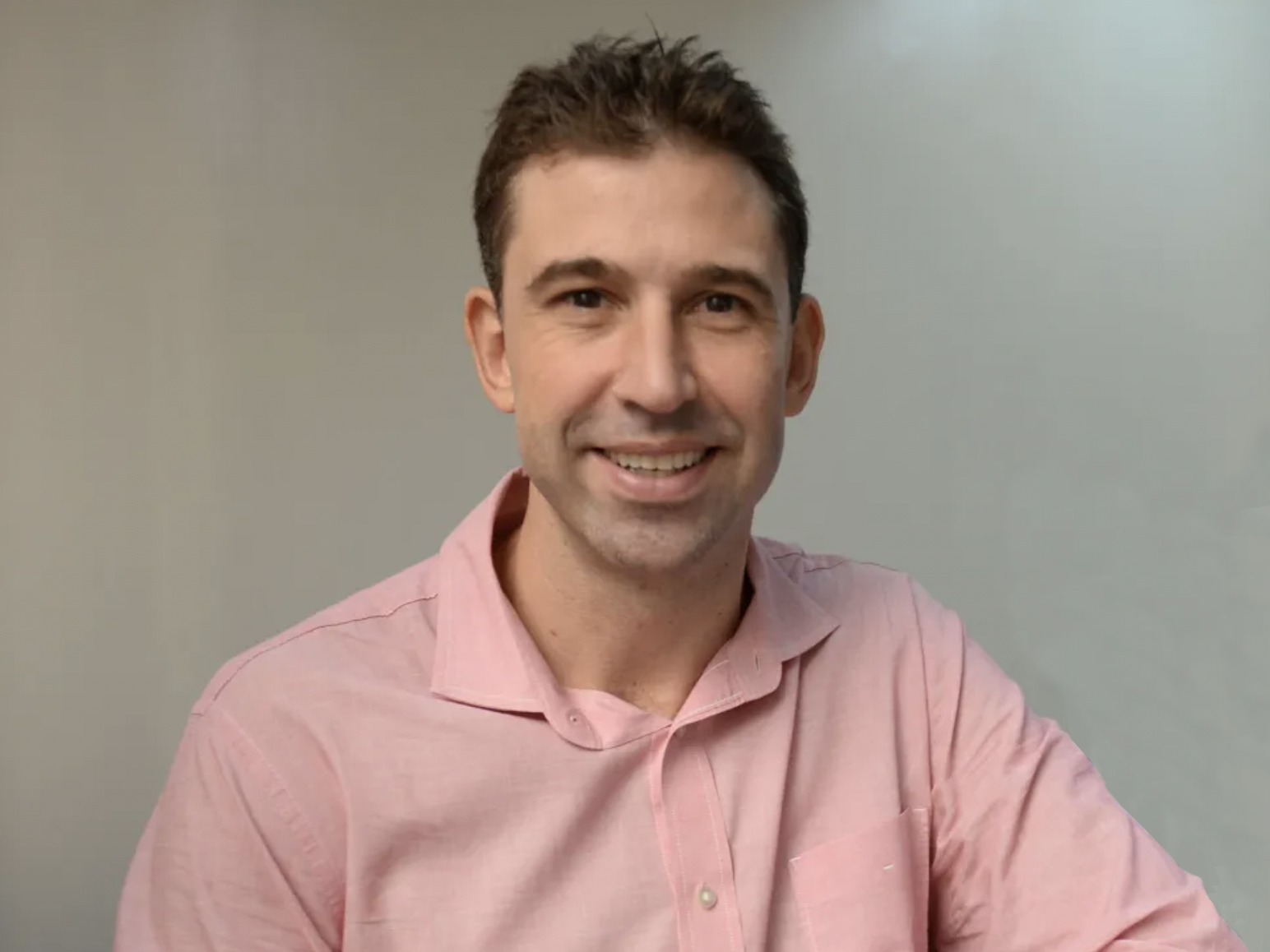
- Film
Docs: “Delikado” – Interview with Karl Malakunas
“As the Manila bureau chief for the Agence France-Presse [AFP], I was going to do a story on eco-tourism in Palawan. I thought it would be a fun story about this beautiful place. It turned out to be a tragic story.” That’s how journalist/director Karl Malakunas describes how his documentary Delikado came to be.
“Palawan is home to the Philippines’ last great rain forests,” continues Malakunas, speaking via zoom from his office in Hong Kong. “One of the most beautiful places in the country. But my contact for that story, an environmental campaigner, was shot in the head and killed just before I was due to go. I went anyway, to investigate his murder. When I was there, I discovered this seemingly idyllic island was being destroyed by the people in power who were meant to be protecting it. I also discovered a small group of people putting their lives on the line trying to stop the destruction.”
Delikado follows the actions of Bobby Chan, a charismatic local environmental lawyer, who leads a bold group of renegade land protectors guarding the rainforest by peacefully confiscating and dismantling the chainsaws of illegal loggers.
It’s a timely environmental thriller on how corrupt corporate and political interests are swallowing small Indigenous communities across the globe by diminishing their resources and limiting their power one tree at a time.
Karl Malakunas is an Australian journalist and filmmaker who has reported on conflicts, natural disasters, and political upheavals around the world for two decades. Malakunas began making Delikado, his first feature film, while based in the Philippines as Manila bureau chief for AFP.
His initial short film and essay on Palawan’s land defenders won a special award at the 2018 Amnesty International Asia-Pacific Human Rights Awards. Malakunas was a 2019 Sundance Institute Documentary Film Program Grantee for this film.
“Bobby Chan had this tree made of confiscated chainsaws in front of his office, and I asked him why he had that,” explains Malakunas. “And he told me the story, of how his men were hiking barefoot into the rain forest, just trying to confiscate chainsaws from illegal loggers. He used to return those chainsaws to the government, only to see them back in use a few weeks later. So, he started collecting them instead. The Philippines is one of the most dangerous countries in the world to be a land defender. In Palawan, many people are being killed. He was putting up these chainsaws as a statement to the authorities, to show that he wasn’t afraid, that he was willing to stand up to them; and as a symbol to everyone on the island that they shouldn’t be afraid either.”
The people who are at the end of the chain, the ones who do it for survival, while the big interests are well above, are not the only ones that need to be stopped, right?
Exactly. Part of the power of the film is a man like Tata, who works with Bobby. His empathy and his relationship with the people that he is doing the confiscations, you can see his humanity in how he reacts to them and interacts with them. He says, ‘I understand that you are poor as well.’ We see shots where they just got flip-flops, walking in the forest – or they go barefoot. He doesn’t see them as the bad guys. Then, of course, we learn that the governor and the politicians are the ones who are, ultimately, responsible for this.
How do they know where to go for the confiscation? The forest seems pretty big.
They have a kind of network. The communities report to them, they don’t report to the authorities. They are getting calls all the time and that’s their frustration. They have their community assets in all these areas calling in and they can’t get to all of them. They are doing one, or two confiscations, but they are getting dozens of calls a day. They have a rough idea of the direction to take and that’s why they hike sometimes in the forests for days, to get there. But, ultimately, they are getting their reports from the community members who are going to them instead of the authorities.
Are they the only group doing this kind of environmental work on the island or are there others?
They are the only community group that does it like this. There are the forest rangers for the government, for the Department of Environment and Natural Resources. They do go in. But they just don’t do as much, they don’t go as far, they don’t go to the same lengths.
Are you still in touch with Bobby? Will your collaboration continue?
Yes, with Bobby and Tata and Nieves. Unfortunately, with the pandemic, I haven’t been able to get there. But we are in touch all the time, on the phone. They are truly heroes.

